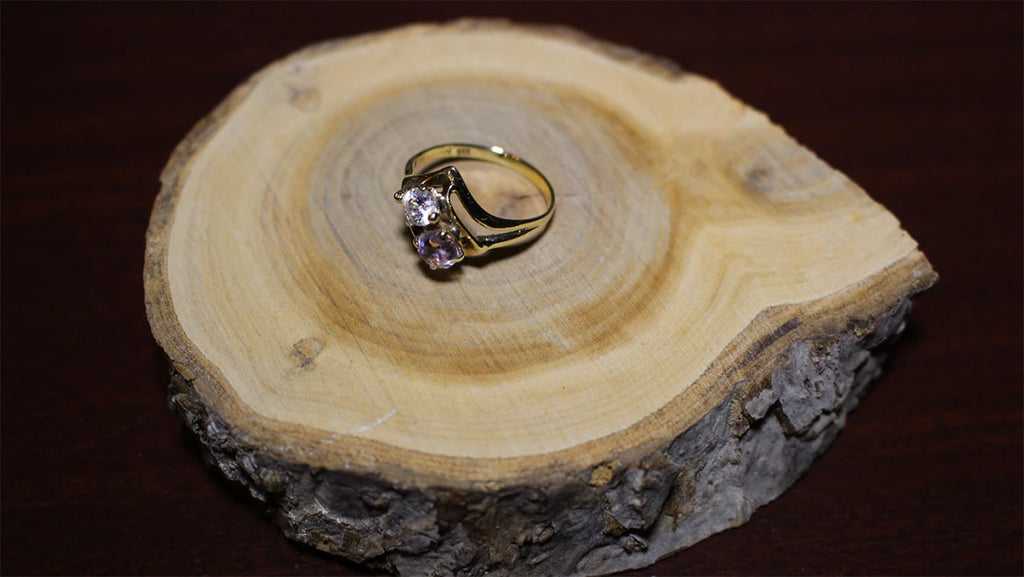Your shopping bag is empty
Go to the shopIridescence is a display of colours which is seen when white light reflects from structures on or in gemstones. In opal, prismatic colours are seen because spectral colours are separated. In labradorite and other gemstones, there are blended to produce interference colours. Iridescence, or play of colour, may be seen in soap bubbles or insects such as butterflies and beetles, as well as in gemstones. Iridescence can be caused by the diffraction of light from regular structures, or by reflection from thin film on or in materials. The thin films may be liquids gases or solids. Crystals, liquid-filled inclusions, fractures...
0 commentsIridescence is a display of colours which is seen when white light reflects from structures on or in gemstones. In opal, prismatic colours are seen because spectral colours are separated. In labradorite and other gemstones, there are blended to produce interference colours. Iridescence, or play of colour, may be seen in soap bubbles or insects such as butterflies and beetles, as well as in gemstones. Iridescence can be caused by the diffraction of light from regular structures, or by reflection from thin film on or in materials. The thin films may be liquids gases or solids. Crystals, liquid-filled inclusions, fractures...
0 commentsIridescence is a display of colours which is seen when white light reflects from structures on or in gemstones. In opal, prismatic colours are seen because spectral colours are separated. In labradorite and other gemstones, there are blended to produce interference colours. Iridescence, or play of colour, may be seen in soap bubbles or insects such as butterflies and beetles, as well as in gemstones. Iridescence can be caused by the diffraction of light from regular structures, or by reflection from thin film on or in materials. The thin films may be liquids gases or solids. Crystals, liquid-filled inclusions, fractures...
0 comments


